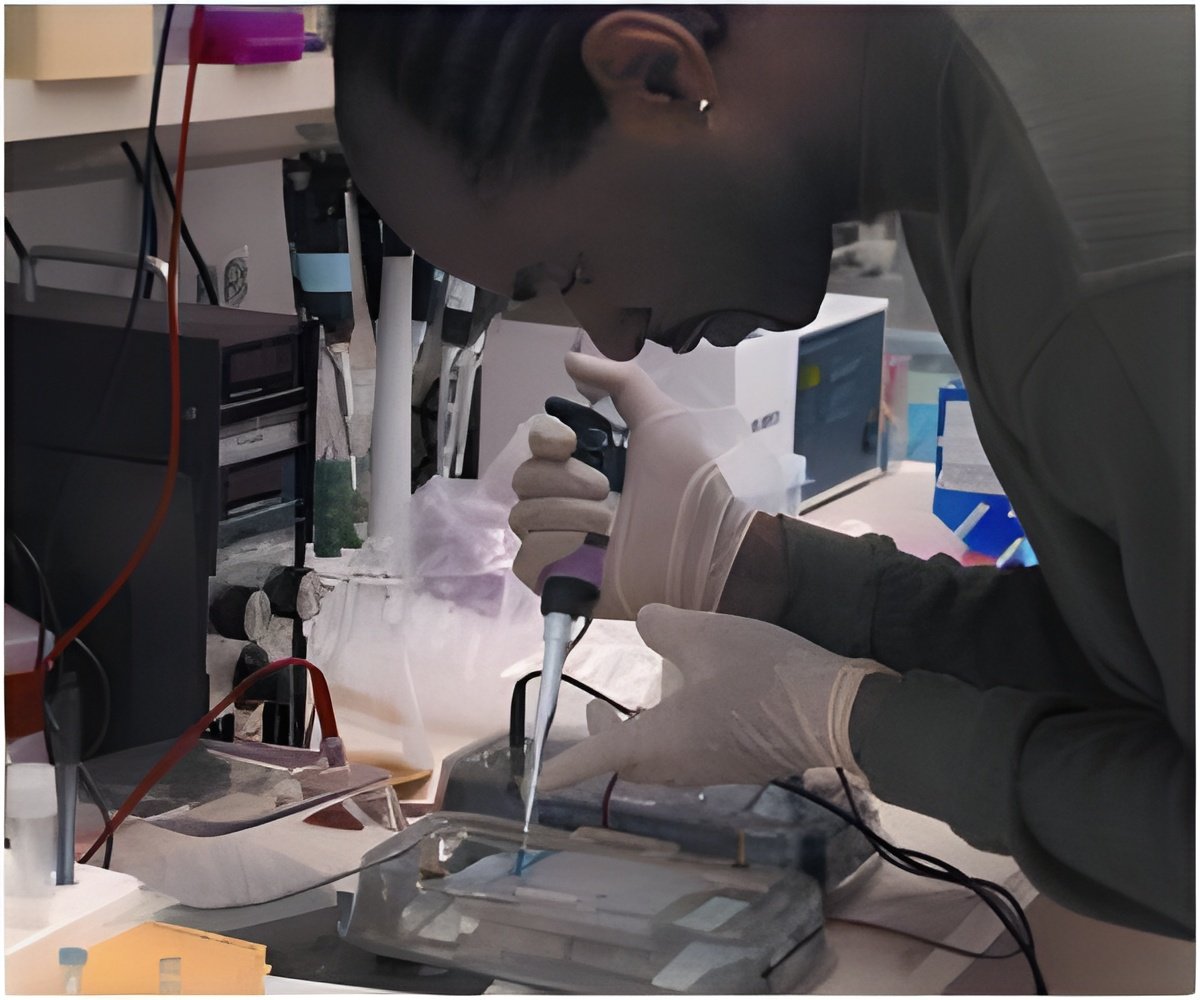Max Planck Institute scientists have discovered that mice deficient in Mfn2 gene die soon after birth.

Researchers investigated mouse heart muscle cells lacking Mfn2 and found that energy metabolism in the cells was impaired compared with healthy and Mfn1-deficient cells. They determined that this process was stalled because of reduced levels of coenzyme Q, a key component of the mitochondrial respiratory chain that generates cellular energy in the form of ATP; and in the absence of Mitofusin 2, many of the enzymes and molecules involved in the pathway that generates precursors of coenzyme Q were decreased, indicating that Mitofusin 2 is required for coenzyme Q production.
The scientists then supplemented the Mfn2-deficient cells with coenzyme Q. This resulted in partial restoration of respiratory chain function. They therefore concluded that coenzyme Q supplements might help treat patients with diseases caused by Mfn2 mutations.
The study is published in 'The Journal of Cell Biology'.
Source-Medindia










